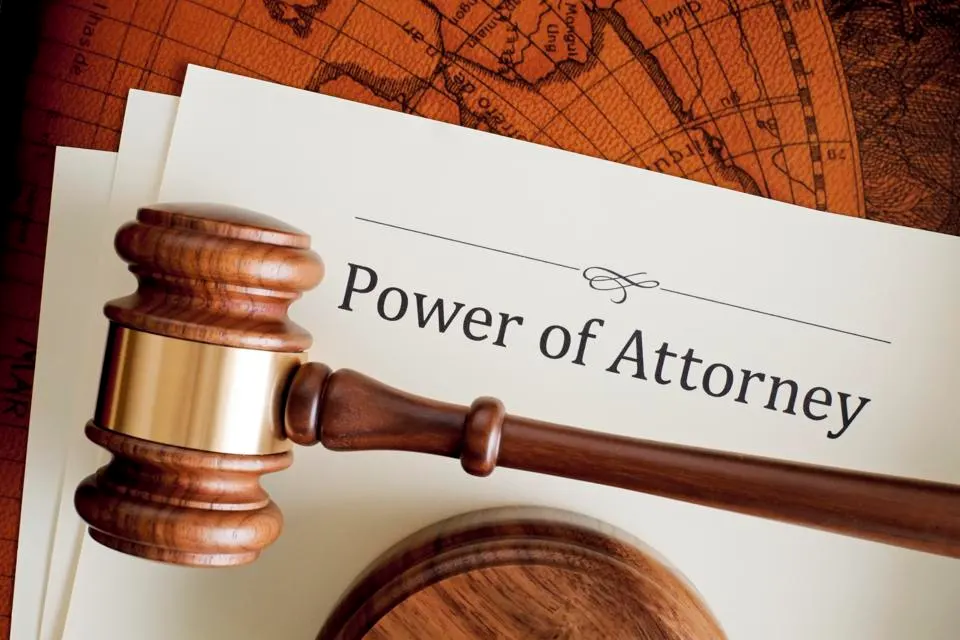Get In Touch
Leave your number and details below and we will call you right away!
Leave your number and details below and we will call you right away!
Leave your number and details below and we will call you right away!
Leave your number and details below and we will call you right away!
Leave your number and details below and we will call you right away!
Leave your number and details below and we will call you right away!


Obtaining power of attorney in the United Arab Emirates (UAE) involves a specific legal process. Here's a general guide on how to get power of attorney in the UAE:
a) Choose a Legal Consultant and understand the Types of Power of Attorney:
In the UAE, there are various types of power of attorney, including general, special, and specific powers. Contact a legal consultant to help you determine the type of power of attorney that suits your needs and assist you in the process of getting the POA notarized.
b) Select an Agent or Attorney:
Choose a trustworthy individual/s to act as your agent or attorney. This person will be responsible for making decisions on your behalf as outlined in the power of attorney document.
c) Draft the Power of Attorney Document:
Consult with a legal professional to draft the power of attorney documents per your needs. If the power of attorney is in a language other than Arabic, it is required to be translated into Arabic by legal translator. Legal translation services can assist with this requirement.
d) Provide Necessary Documentation:
Original and valid identification documents for both the principal (you) and the agent/attorney.
Passport copies, ID and visa copies may also be required.
Any other relevant documents related to the powers granted.
e) Notary Attestation:
Sign the power of attorney document in the presence of the Notary Public, only the principal is required to be present for signing. There are options for signing physically at the notary public or virtually via video call with a notary officer and the prices will vary accordingly. For online signing, principal will require to show original passport or emirates ID for purpose of verification. Once satisfied, the Notary Public will then notarize the power of attorney document. This step ensures that the document is legally recognized in the UAE. The POA can then be used by attorney for the powers mentioned in the POA.
It's crucial to note that legal procedures can vary, and it's advisable to consult with a legal professional in the UAE to ensure compliance with current laws and regulations. Additionally, the requirements may change, so it's essential to check with legal experts for the most up-to-date information and process.



































































